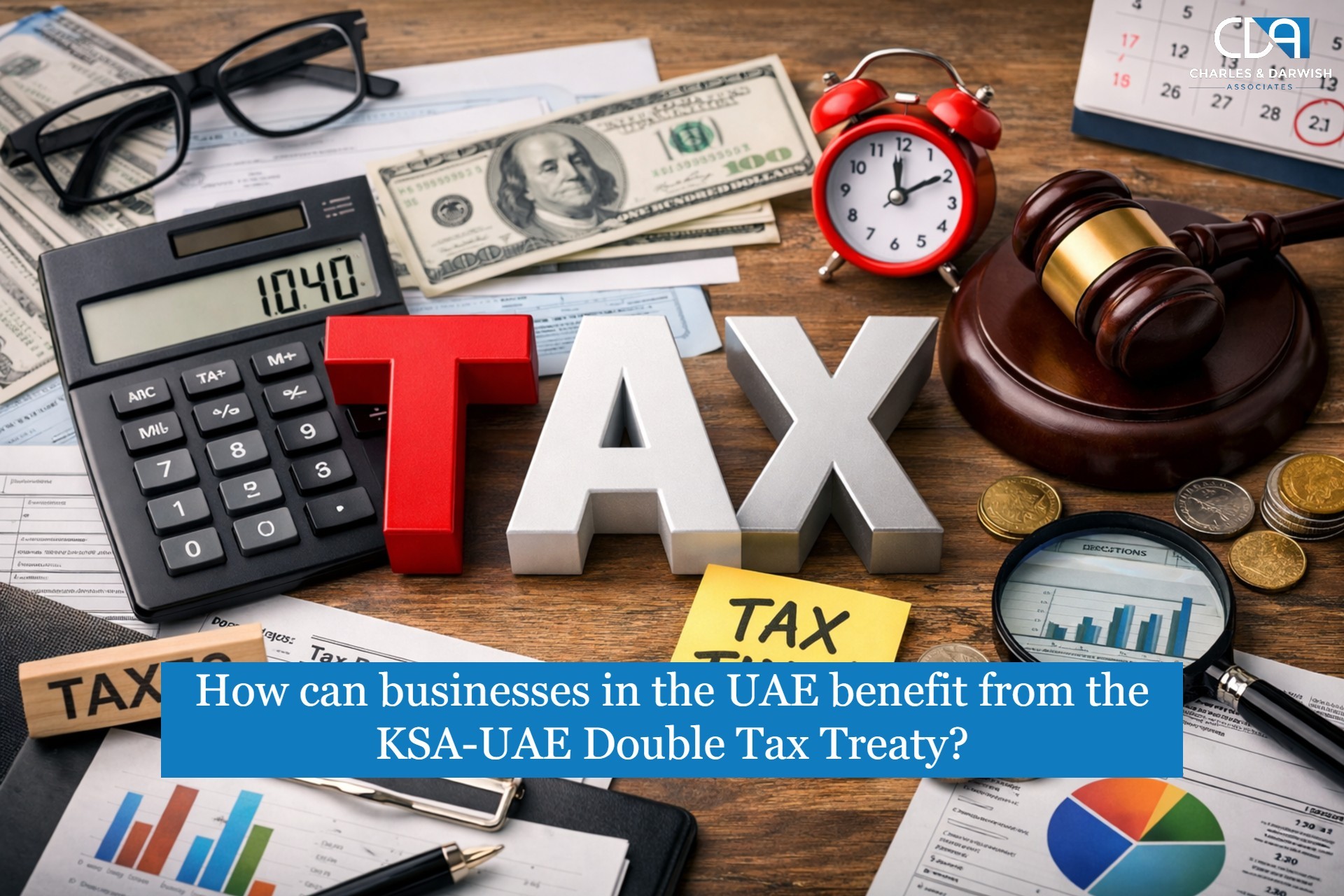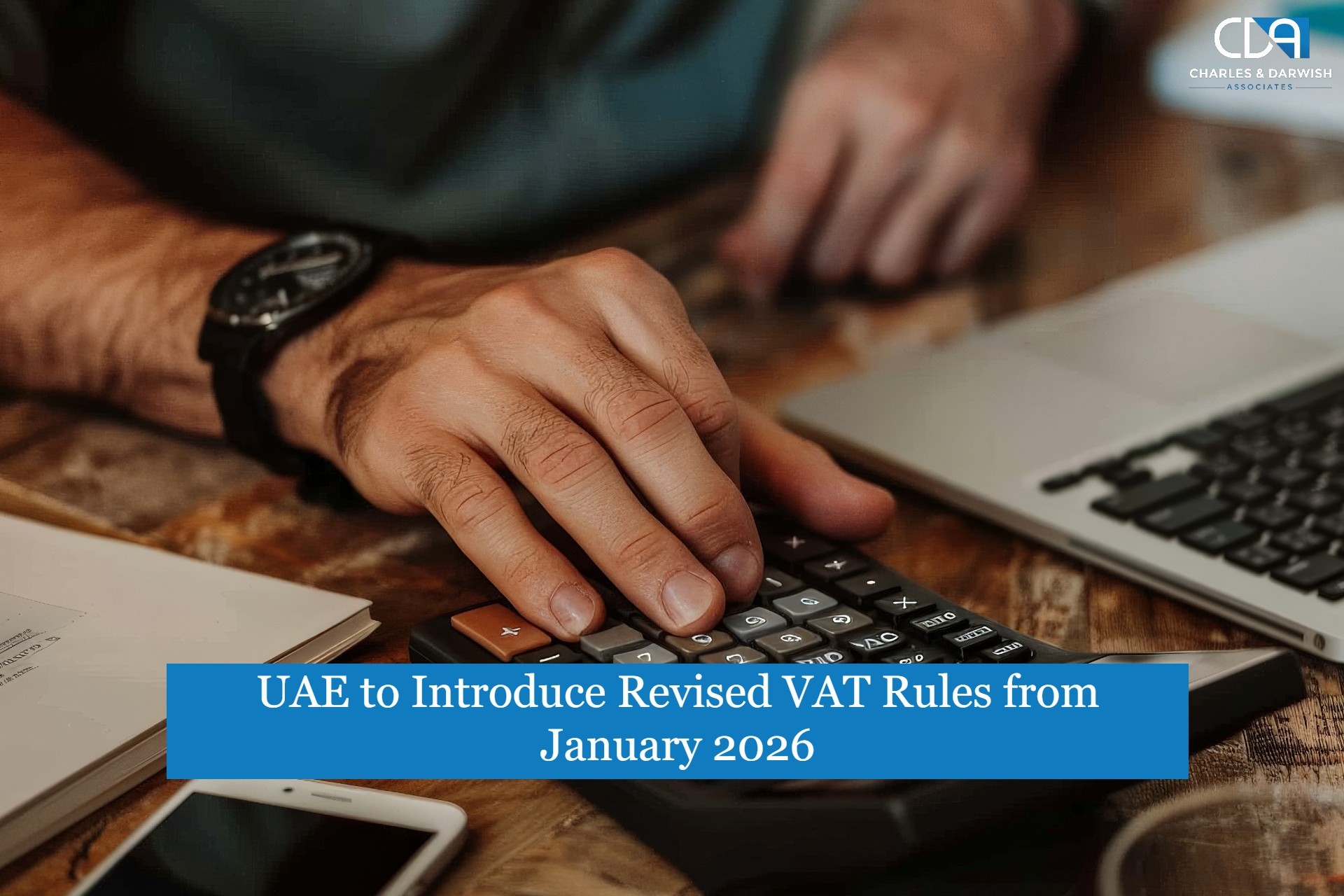All about Audit report: Its Elements and Types
The audit report serves as the ultimate benchmark for determining an organization's financial stability. It's not merely a file consisting of numbers and technical phrases; it's a tool that helps investors, shareholders, and management determine whether their company's records are reliable and accurately depict the financial status of the firm.
What precisely does an audit report contain?
And how many types are there?
First, let's understand what an Audit Report is.
To put it simply, an audit report is a written opinion that an independent auditor provides after evaluating a company's financial records. Mandatory for companies, the audit report tells whether the business’s financial statements are in line with International Financial Reporting Standards (IFRS), if its statements are fair and transparent, and if any gaps need to be addressed by the management.
Key elements and contents of an audit report
Now, every audit report follows a basic structure. Here are the key elements that you’ll usually find in an audit report:
-
Title and Addressee
The primary indication in the title is that it’s an independent audit report. The addressees usually are the shareholders, board of directors, or stakeholders of the company. This section clarifies who the report is intended for and who the independent auditor is accountable to.
-
The Introductory Paragraph
This is where the auditor states what they’ve audited—usually the company’s financial statements—and the period covered. It’s a brief but important section that establishes the scope of the audit.
-
Responsibilities of the Management
This part outlines what the management is responsible for - preparing and presenting their financial statements fairly.
-
Responsibilities of the Auditor
The auditors declare in this paragraph that they are independent of the business in accordance with the International Ethics Standards Board for Accountants' (IESBA) Code of Ethics for Professional Accountants. Then, they explain their role in conducting the audit. They describe the auditing standards they’ve followed, the procedures they’ve performed, and the evidence they’ve gathered.
-
The Auditor’s Opinion
In this section, the auditor gives their opinion on whether the company’s financial statements are fair and prepared according to the Generally Accepted Accounting Principles (GAAP) and other applicable accounting standards. The opinion of the auditor is often characterized by unqualified (Clean) Opinions, qualified opinions, adverse Opinions, and disclaimers of Opinion. Each type provides different levels of assurance regarding the accuracy of the company’s financial statements.
-
Basis for Opinion
This is the “why” behind the opinion. Here, the auditor explains how they reached the conclusion. It includes a summary of the audit process, the methods used, the standards followed, and limitations (if any) faced during the audit process. This basis adds transparency as well as credibility to the auditor's findings.
-
Other Reporting Requirements (if any)
Sometimes, auditors have additional responsibilities beyond just the financial statements. This includes reporting on internal controls or assessing compliance with certain specific regulations.
-
Key Audit Matters
The audit report will also contain, based on certain conditions, the key audit matters paragraph, which includes the information selected from the list of items informed to those charged with governance that the auditor might feel must be included in the financial statements.
-
Signature and Date
The date, the name of the audit firm, and the auditor's signature are included at the conclusion of the report. This date indicates when the audit was officially completed.
Types of audit reports provided by the experts
Not every audit report gives a clean approval. Depending on what the auditor finds, the report can fall into one of four categories:
-
Unqualified Opinion (Clean Report)
This is the report every company wants because it reflects well on their financial discipline. It means the financial statements are accurate, complete, and follow the required accounting standards.
-
Qualified Opinion
This report states that while the financial statements are accurate up to a certain level, but still are some errors in certain areas that might affect the overall accuracy of the financial statements. The report may probably include an “except for statement” indicating the areas that are not as per the accounting standards or may have affected the true and fair view of the financial statements.
-
Adverse Opinion
Having an adverse opinion means that the financial statements may be misleading and have various errors. Receiving this type of report can affect a company’s reputation and can also shake investor confidence.
-
Disclaimer Opinion
This happens when the auditor is not able to share any opinion. This usually happens when the auditor can’t gather enough evidence to form an opinion, often due to limited access to records or other obstacles.
Audit Reports offer a valuable perspective on a company's financial health and accountability and understanding the elements and types of audit reports empowers you to interpret these crucial documents effectively.
CDA: Your Professional Auditor in UAE
CDA’s professional accountants and auditors have been providing various auditing services and assistance to the businesses in UAE for more than a decade, which has made it one of the leading firms. Our experts can provide your business with robust and streamlined auditing services, whereby serving you with accurate audit records and providing better insights into the performance of the business. We assure you that our team will serve the best reports on time without any errors and corrections. The professional touch from our veteran auditors will enhance the quality of your audit procedures.
To discover more about our audit services, connect to the CDA team now.

Jijo Saji
Senior Auditor
Senior Auditor with over 10 years of experience in auditing, taxation, and financial reporting. Proven expertise in statutory audits, VAT compliance, and advisory services across diverse industries.













